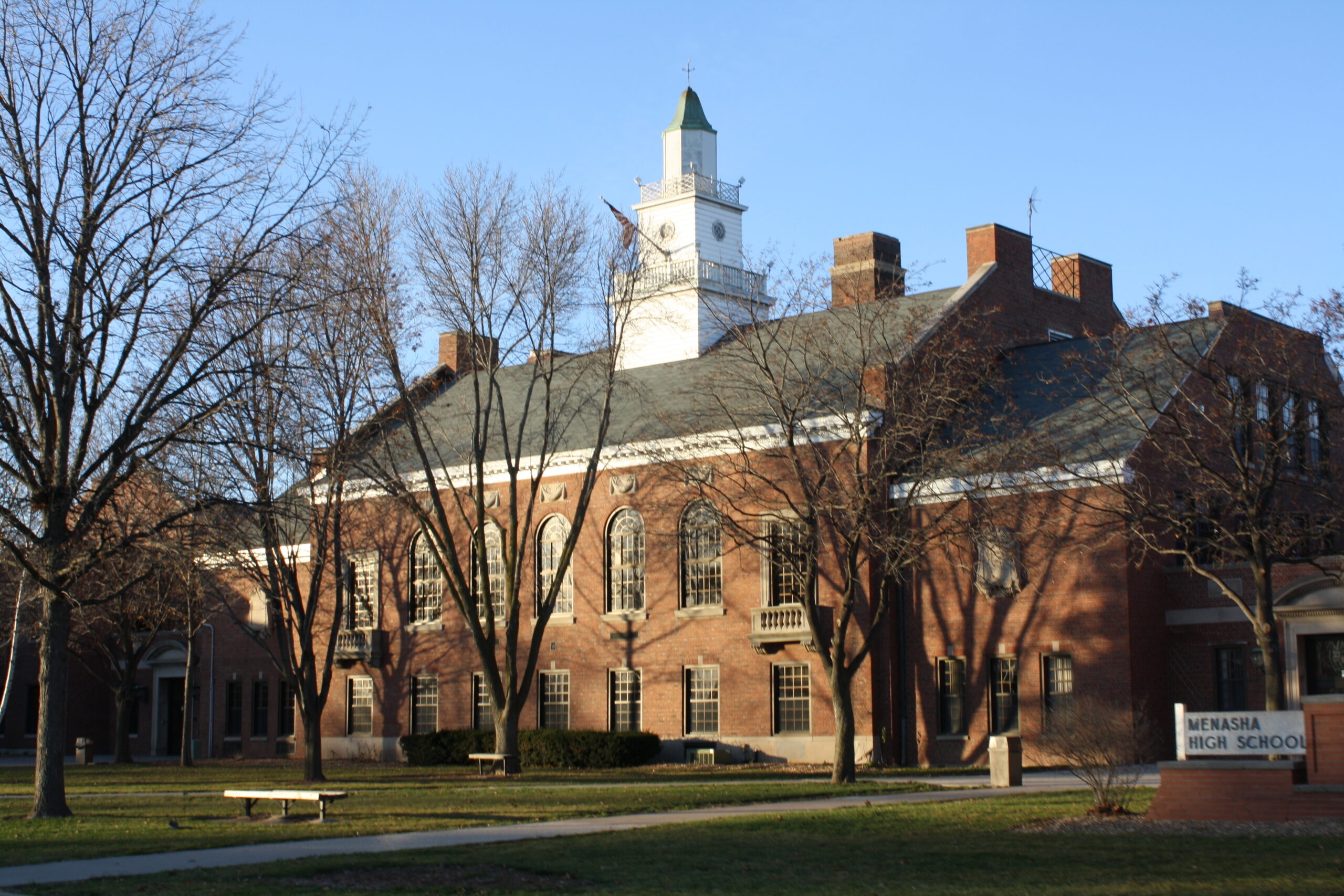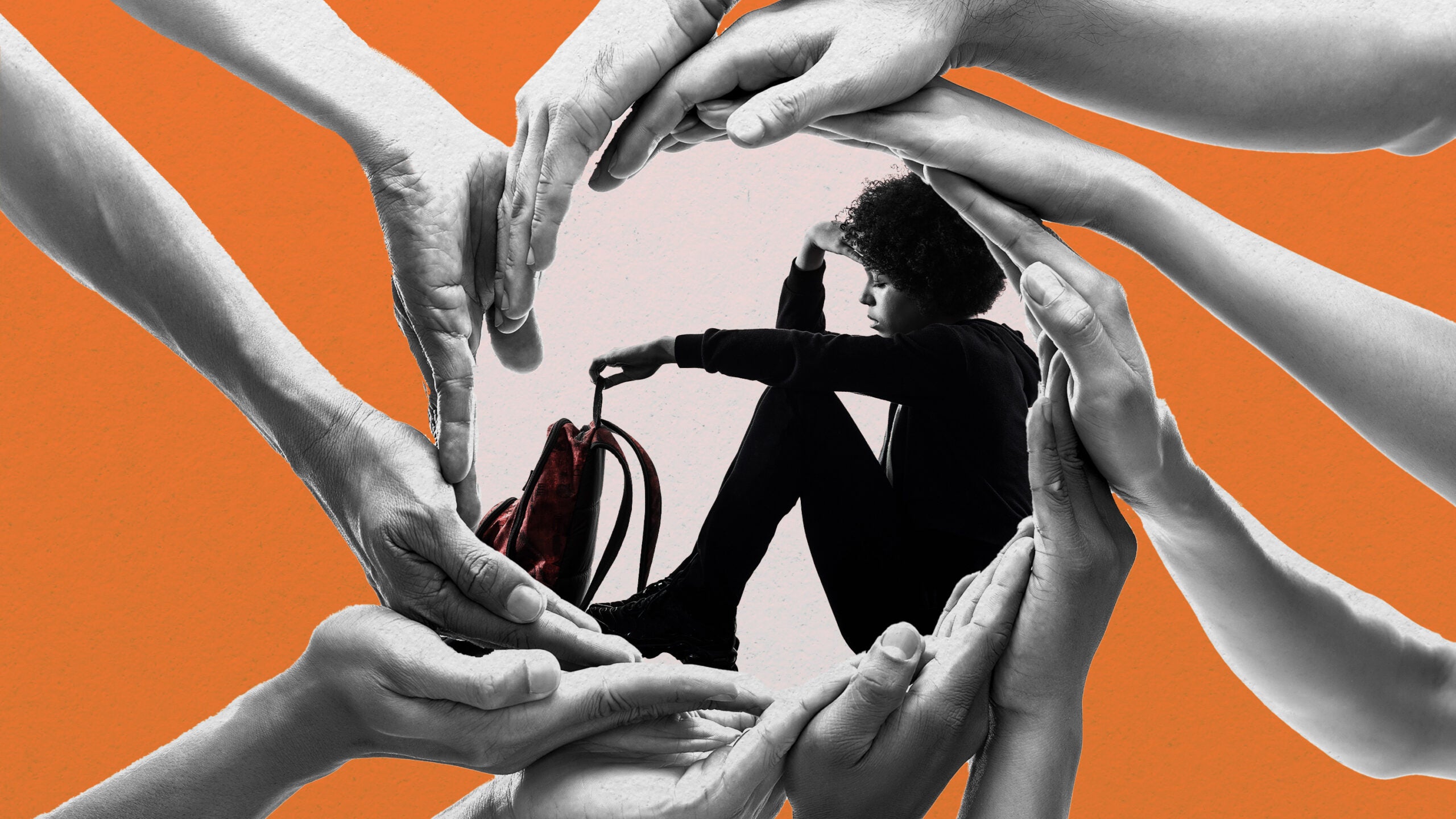While Wisconsin may generally lag other states in the psychiatric services offered in its schools, it has one exception: Fox Cities.
When Karen Johnston calls the Fox Cities a “model” for school-based mental healthcare, she’s not exaggerating – she’s got hard numbers to prove it. The former director of Catholic Charities of the Diocese of Green Bay points to an analysis by the University of Wisconsin’s La Follette School of Public Affairs. That study showed therapists hired by nonprofit groups for the Menasha Joint School District reduced teen suicides and crime.
The school-based pilot program eventually expanded to 10 other districts in the Fox Cities, where Johnston says community mental health systems weren’t working for kids.
Stay informed on the latest news
Sign up for WPR’s email newsletter.
“Parents don’t take their kids to the appointments. It’s hard to get there; transportation is an issue. Sometimes the whole stigma of having a child that has problems might be a reflection on family systems.”
The state’s largest metropolitan districts do have social workers and psychologists to assess and address students’ mental health concerns. Madison school psychologist Kathy Halley says students may not be able to afford or find help in the community: “Sixty to ninety percent, depending upon where they live and their economic conditions, do not receive treatment.”
Mental health advocates say many psychiatric issues surface during adolescence and that schools can help. However, the number of students in need far outweighs the number of therapists, especially in northern Wisconsin.
Governor Scott Walker’s proposed budget does include money for mental health services. Advocates say fixing the uneven school funding formula and restoring the state’s two-thirds funding of schools would also help.
Wisconsin Public Radio, © Copyright 2024, Board of Regents of the University of Wisconsin System and Wisconsin Educational Communications Board.





